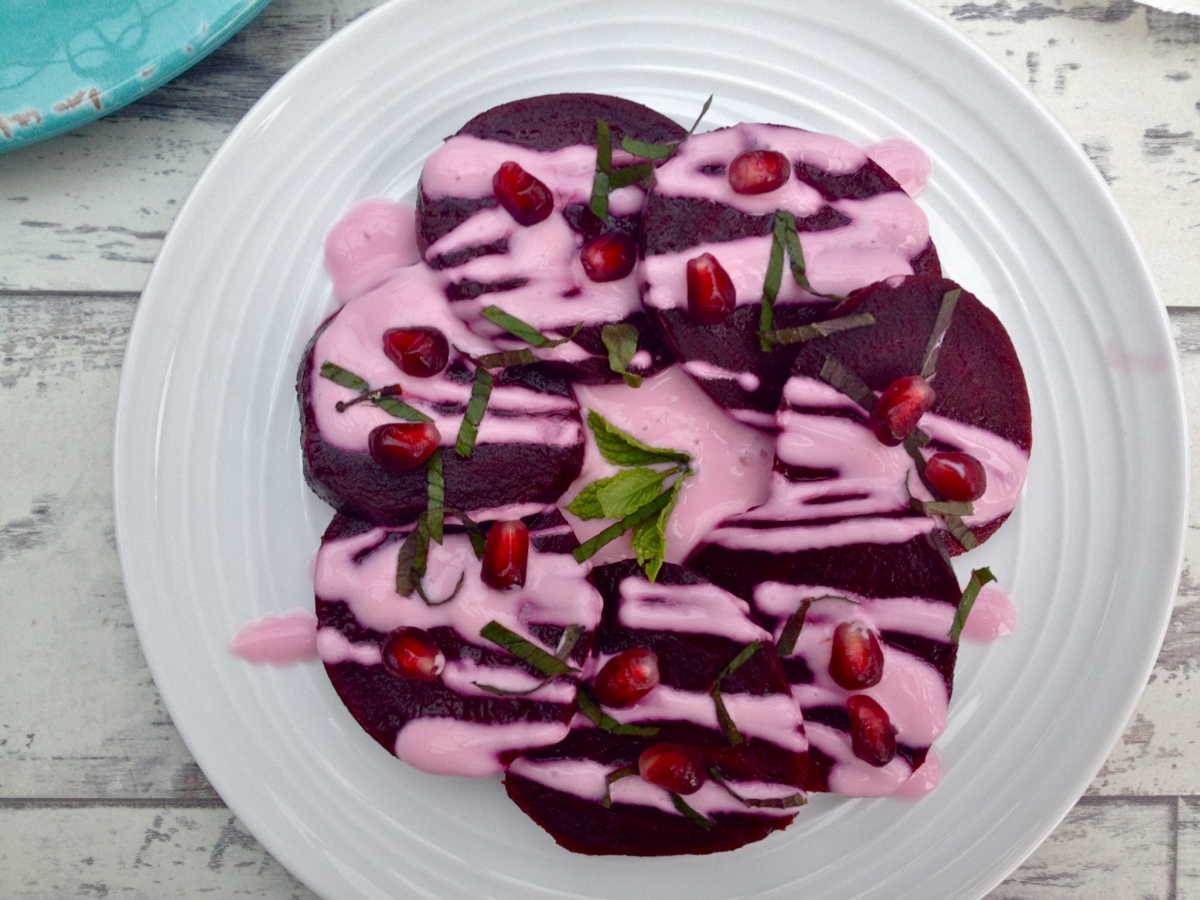
Foods of the winter should nourish and warm our systems. During the winter months our bodies begin to dry out. Many people forget to drink plenty of water during this time. Water is extremely important in the winter months. Our skin, mucus membranes, sinuses, and joints are all put through such a rough workout. Water helps greatly to flush these areas. The cold temperatures, bundling up and trying to conserve our heat source is an effort. Our diets should be supportive to the weather. The best winter foods to eat should help your body stay warm, and healthy. The varieties are literally endless.
What we should always know that ALL foods should be GMO free, organic, and pesticide free. Carrots, beets, potatoes, sweet potatoes; also kale, Brussels sprouts, collard greens, and cabbage are very beneficial in bringing heat to the body, and these vegetables enhance the winter experience. Here are some of their health benefits;
- Beets-help the liver and kidneys flush out floating body fats. The iron in beets helps clean excessive fat accumulation from blood cells. They also contain natural chlorine that washes fat from the liver, kidneys, and gall bladder. And they tend to stimulate the vitality of the blood lymph which circulates through the body, helping dislodge fatty deposits.
- Brussel Sprouts -stimulate the pancreas to release hormones. And the minerals in the vegetable stimulate the kidneys to release water as well. Together, the hormones and water then flush the fatty tissues.
- Cabbage- whether raw, steamed or juiced, is very high in sulphur and iodine which clean the mucous membranes in your stomach and intestinal tract. Cabbage is particularly helpful for people with "pot bellies" because it also helps break down the fat in the cells of the stretched skin on your stomach.
- Carrots- are a primary source of carotene, which breaks down into vitamin A and nourishes cells and tissues. As your digestive system transforms the carotene into vitamin A, your metabolism accelerates and your other vital systems also speed up. This activity vibrates the fat cells and dislodges fat.
- Celery -has a high concentration of ready-to-use calcium which energizes your endocrine system, speeding up hormone production and breaking down fatty deposits in cells. Celery is also high in magnesium and iron which both nourish the blood cells and help in elimination of wastes.
- Cucumbers- can help cool inflammation in fat cells and restore a balance between acid and alkaline. This loosens body wastes for removal. Cucumbers are also high in sulfur and silicon, two minerals that help your kidneys wash waste from your system. And they are high in potassium which stimulates the glands, helping to break down fat.
- Garlic- is the most powerful natural diuretic. It is also a natural anti- biotic. A clove of garlic each day also helps break down stubborn clumps of fat, and fights colds.
- Horseradish- just a half teaspoon a day actually dissolves fat right in the cells and then acts as a germ fighter and cleanser.
During the winter month having a strong immune system is a must. Here are a few other herbs to help boost your bodies abilities to fight infection and be strong and healthy.
Eleven of the most immune boosting herbs are;
- Astragulus- It is anti viral, a known immune builder used by the Asian population for centuries. It is used for treating cardiac arrhythmia, HIV infection, and pneumonia.
- Echinacea- It reduces inflammations, improves skin problems, alleviates pain, it is used as a anti-aging her, fights against colds and flu, used for bladder infection, fevers, blood poisoning, yeast infection, sinusitis, bacterial/viral infections, chronic fatigue, and athletes foot.
- Elderberry- It builds up the immunity to colds, fights viruses, coughs, tonsillitis, fevers, good for asthma (when it is combined with mullein it works best to alleviate asthma or lung congestion), it is good to use for allergies, eye infections, and hay fever.
- Olive leaf- It increases energy, anti-viral, anti-bacterial, reduces fevers, astringent, antiseptic, and dilates blood vessels.
- Cat’s Claw- It stimulates the immune system by enhancing its ability to destroy pathogens.
- Ginseng- Good for anemia, high blood pressure, internal bleeding, it contains vitamin A, E, and B12.
- Ginger- It removes congestion, it is good for fevers, it has anti-cancer properties, allergies, parasites, it is a germ killer, heart disease, warts, worms, infections, and it is high in potassium.
- Oregano- Excellent for immune health, it contains vitamin E, calcium, Vitamin K, manganese, iron, and fiber. It is good for bone health; it destroys free radicals, and detoxifies the body. It is an antioxidant, and anti-bacterial.
- Turmeric- Last but not least, turmeric which contains curcumin. It is a strong herb used in many curries. It has a “Heal All” type of effect, it’s a tonic herb. It is also; Anti-fungal, anti-inflammatory, anti-cancer, good for treating the following illnesses; diabetes, worms, headaches, swelling, gout, lice, pain- reliever, ulcers, it works to cure illnesses that require steroids such as lupus, psoriasis, scleroderma, and rheumatoid arthritis.
There are many herbs that should be added to the fall/winter diet. We need herbs that bring heat to the body, especially during cold weather. Here are a few to use as you need them;
- Black pepper- antioxidant, antiseptic
- Cardamom- expectorant
- Cinnamon- digestive tonic
The winter is a time to stay hydrated. Soups, tonics, juices, and warming foods help fight the cold. It is important NOT to eat too much meat during this time. We often don’t get the same amount of exercise as we get in the summer months. A winter exercise regime would be very good. It would give an early start on spring and a welcomed decrease in the waistline.
Resources:
1. http://localfoods.about.com/od/searchbyseason/a/wintervegetables.htm
2. http://www.fruitsandveggiesmorematters.org/whats-in-season-winter





